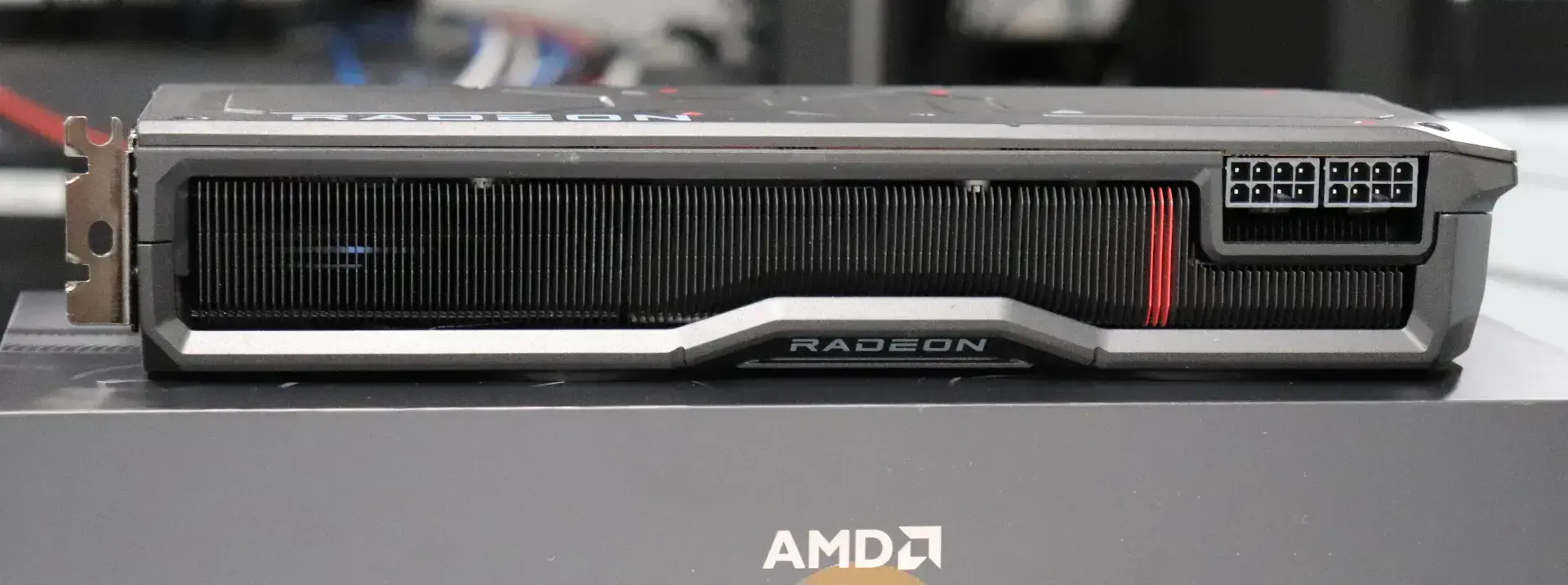- cross-posted to:
- news@lemmy.linuxuserspace.show
- cross-posted to:
- news@lemmy.linuxuserspace.show
Well, apparently, after just a few years the ability to control GPU operation in Linux will slide down considerably.
Did they change the headline, or did you come up with the more click-baity one just for us?
As an unhappy user impacted by this and previous change(s) related to overclocking on RDNA3 I have highlighted the ongoing process.
Isn’t this the good thing about open source? You can just fork and revert these changes? That AMD wants to limit your ability to potentially damage your card is completely reasonable, and since they provide the source code for the drivers you should be able to circumvent this and take that risk if you want. This only stops low tech / low skill users that really have no business tuning their card outside of the spec.
🤖 I’m a bot that provides automatic summaries for articles:
Click here to see the summary
This has allowed AMD Radeon Linux users to limit their GPU power draw when desiring for power/efficiency reasons.
But since Linux 6.7 they’ve begun enforcing a lower-power limit set by the respective graphics card BIOS.
But since Linux 6.7 and the plan moving forward is to honor this power limit bounding box – matching the behavior of the AMD Radeon Windows driver.
AMD and the Linux Direct Rendering Manager subsystem maintainers have decided this will be the intended behavior to avoid risking any user hardware issues and potential damage – granted, the likelihood for damage is more often on the upper power limit, but still limiting the GPU power use too low can lead to undefined behavior or other hard to diagnose problems.
It was confirmed today in this bug report that: "This has been discussed on the amd-gfx M/L, and the conclusion was that under-powering outside of the bounding box is potentially dangerous and might damage the hardware.
That stems from a lengthy mailing list discussion and confirmation from AMD that this matches the Windows driver behavior and that there is the risk when running outside of the validated power ranges to see undefined behavior and potentially hardware damage.This change is frustrating some AMD Linux users with some graphics cards reportedly having very conservative pre-defined lower power limits and thus no longer being able to run on the lower-end outside of that imposed range even though they could successfully do so on prior kernels.
Saved 32% of original text.




